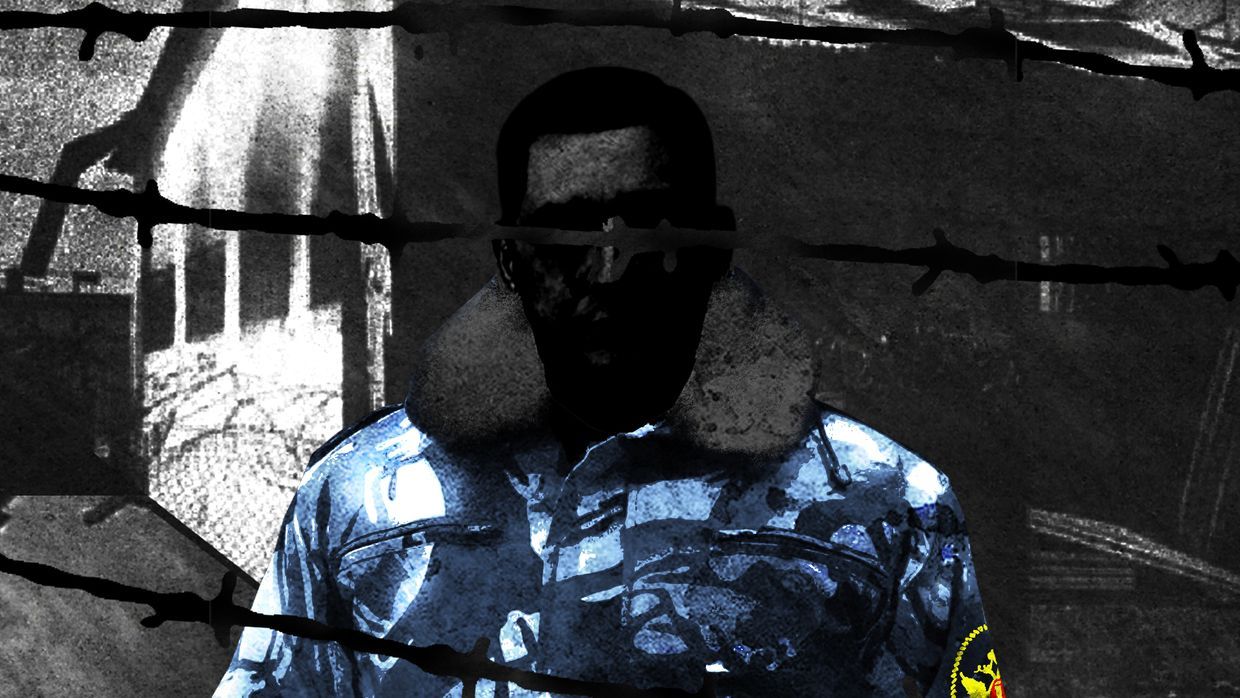Ukraine announces charges in absentia of 2 pro-Russian collaborators over Olenivka POW killings

Ukraine's Prosecutor General's Office announced on July 29 that it had identified and charged in absentia two pro-Russian collaborators who managed Russia's Olenivka prisoner of war (POW) camp in occupied territories, where dozens of POWs were killed in an explosion in 2022.
The Prosecutor General's Office said the investigation involved statements from 20 victims and 30 eyewitnesses, as well as forensic evidence of those killed. The two former commanders have been charged in absentia with violating the laws of war.
Separately, the Security Service of Ukraine (SBU) said that the two former commanders were Ukrainian collaborators, identified as Serhii Yevsiukov and his deputy Dmytro Neiolov. The SBU said that Yevsiukov and Neiolov were dismissed from their positions in November 2022 and are currently hiding in Russian-occupied territory.
Beyond the charges announced by the Prosecutor General's Office, the SBU said the two had also been charged with murder.
The Prosecutor General's Office said that the initial explosion immediately killed 41 POWs and that another nine died after being denied prompt medical assistance.
The Olenivka camp, located in Russian-occupied Donetsk Oblast, held Ukrainian POWs and civilians, many of whom were captured after the fall of Mariupol in May 2022.
The facility was hit by an explosion in June 2022, killing at least 54 POWs and injuring over 150 more.
Ukrainian authorities said that days before the attack, Russians singled out Ukrainian members of the Azov Regiment, who were captured in Mariupol and were awaiting a prisoner exchange, to a separate part of the prison building—the one that was destroyed.
According to Kyiv, Russia either hit the prison with artillery or blew it up from inside. The Prosecutor General's Office said that Russia likely used a thermobaric munition to strike the prison.
Russia accused Ukraine of attacking the prison with HIMARS, a U.S.-made high-precision rocket system first delivered to Kyiv a month before the massacre.
The U.N. High Commissioner for Human Rights (OHCHR) categorically rejected the notion that the explosion was caused by a HIMARS strike but added that Russia has not allowed the site to be accessed by independent investigators.














